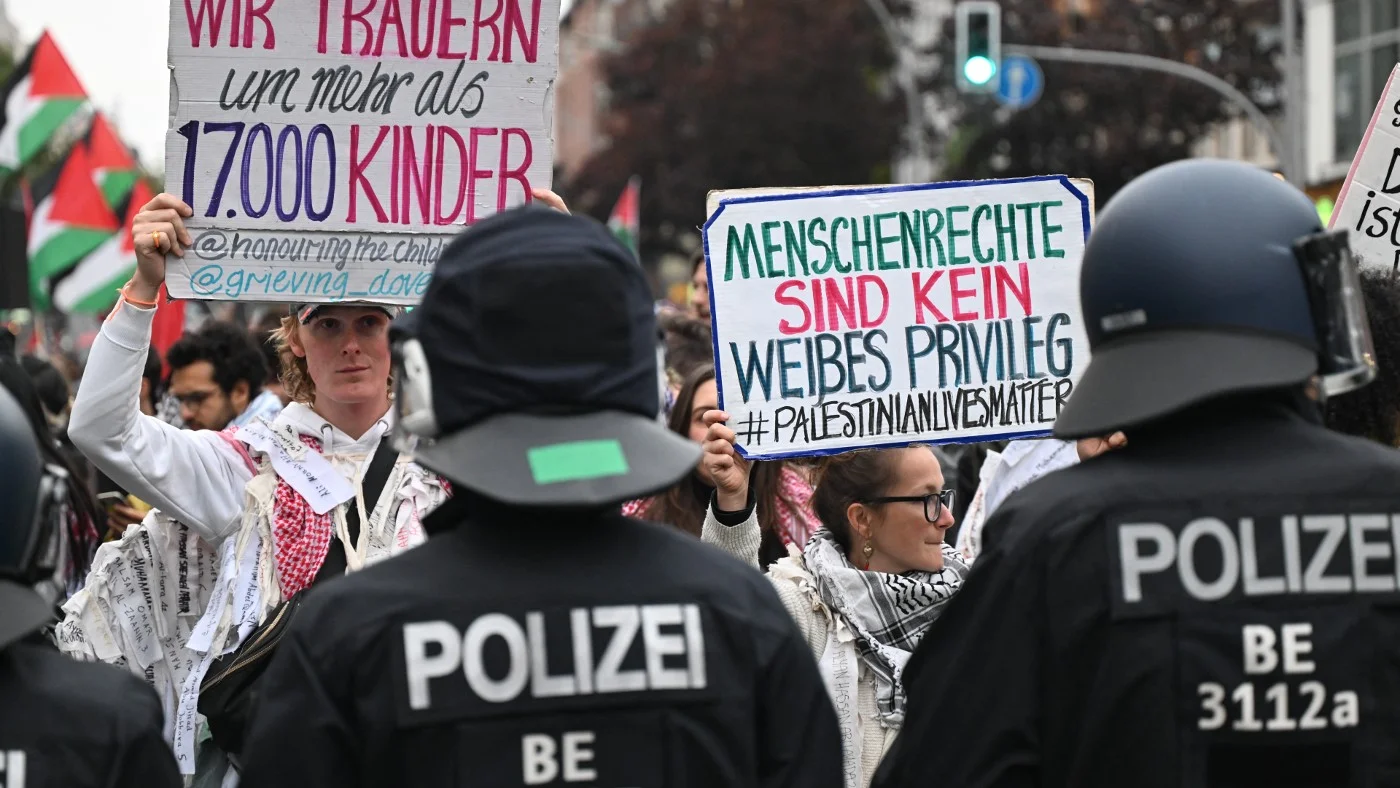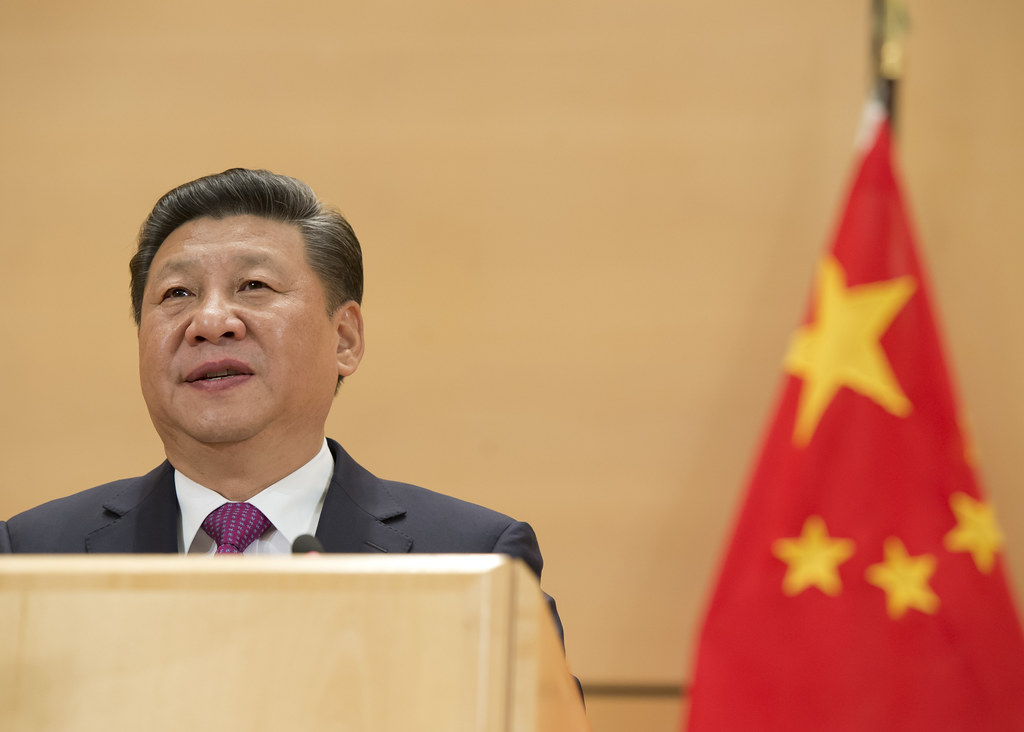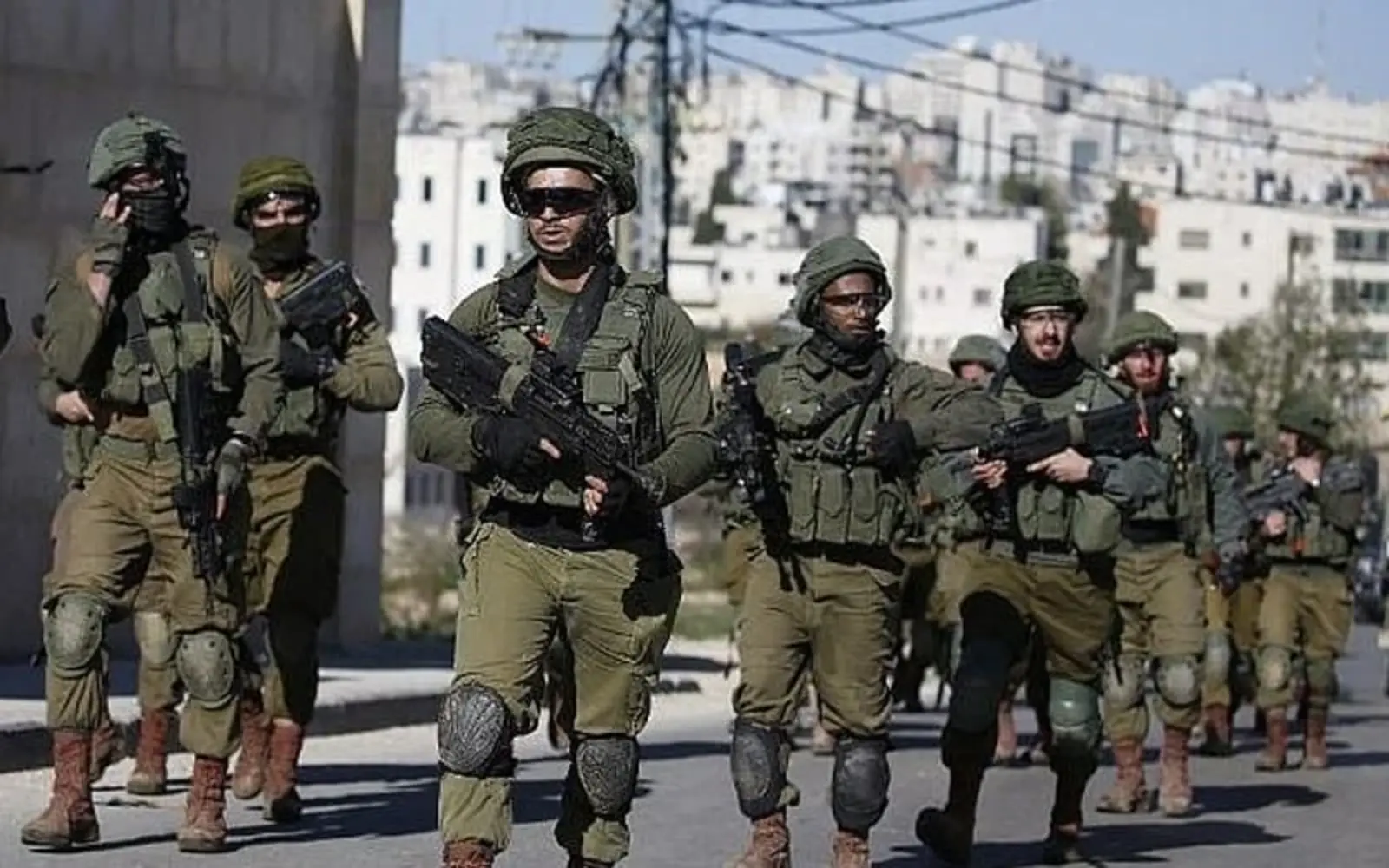The streets of Istanbul are lined with tear gas and water cannons. Protesters are dragged away by masked men. Journalists are rounded up in dawn raids. But while Turkish democracy is being choked into submission, the world is too distracted—or too compromised—to intervene.
President Recep Tayyip Erdoğan’s latest power play, sparked by the arrest of Istanbul Mayor Ekrem İmamoğlu, has unleashed a nationwide crackdown not seen since the post-coup purges of 2016. The arrest came under thinly veiled corruption charges, viewed by most international observers and Turkish opposition members as a clear attempt to remove one of Erdoğan’s most prominent political threats ahead of the 2028 presidential elections. İmamoğlu, a popular and democratically elected figure, had long been targeted by Erdoğan’s government for his vocal criticism and his growing popularity, particularly in Istanbul—a city Erdoğan himself once governed.
The arrest ignited massive protests in Istanbul, Ankara, and beyond. Citizens flooded the streets waving Turkish flags and chanting for democracy, rule of law, and the immediate release of their mayor. In response, the state deployed riot police equipped with water cannons, tear gas, and rubber bullets. Protesters were met with batons and indiscriminate violence. Reports from the ground describe close-range rubber bullet injuries, mass detentions, and the targeting of medics, media and legal observers. Over 1,900 people have been arrested so far, including journalists. Social media videos show heavily armored units dispersing peaceful crowds with brute force, while black-clad security forces drag citizens away under cover of night.
The brutality on display is not simply a domestic issue. Erdoğan’s timing is calculated. With the West fractured and distracted, the Turkish president sees an opening, one that he is exploiting with ruthless precision.
The United States has no desire to respond. Under Trump, whose political return looms over every international relationship, America’s commitment to democratic values abroad has been replaced by open admiration for authoritarian figures. Trump has praised Erdoğan repeatedly, calling him a strong leader and expressing admiration for his style of governance. The current U.S. administration, while nominally maintaining diplomatic ties, has offered no meaningful pushback, because under Trump, NATO expansion is no longer a priority. Turkey is not a partner to be persuaded; it is a node in the map of American interests vis-à-vis Russia.
And then there’s the leverage Erdoğan holds. Turkey controls access to the Black Sea via the Bosphorus Strait, vital for NATO logistics and surveillance of Russia. It also serves as a gatekeeper for more than 3.6 million Syrian refugees. The European Union, desperate to avoid another migration wave that could further destabilize its politics, continues to send billions to Erdoğan in exchange for containment. In practice, this has meant that German, French, and Dutch officials issue vague statements about press freedom while continuing to fund a government actively crushing it.
This geopolitical reality has made Erdoğan nearly untouchable. He knows his position is indispensable to both Western military strategy and Europe’s political stability. As long as that remains true, democratic principles will be bartered away in favor of convenience.
Meanwhile, Turkey’s internal institutions have collapsed under the weight of executive power. The judiciary, already gutted in the aftermath of the 2016 coup attempt, now functions as an extension of Erdoğan’s office. İmamoğlu’s arrest was rubber-stamped within hours. The police act with impunity. Independent media is under siege, with state broadcasters pushing a narrative of foreign interference and terrorism to justify repression. Online platforms are being throttled or banned. Even posting in support of the protests now carries legal risk.
This is the anatomy of a dictatorship in plain sight—propped up by Western dependence and a carefully calculated balance of threats. Erdoğan is not just testing the limits of domestic opposition. He is testing the West’s willingness to tolerate autocracy for the sake of short-term strategic gains.
What’s unfolding in Turkey is not a domestic dispute. It’s a global indictment. A NATO member is crushing democratic opposition in broad daylight, enabled by the very countries that claim to defend freedom and human rights.
For now, the protesters keep marching. But they do so alone—while Erdoğan watches the world look away.
Author
Discover more from The Crustian Daily
Subscribe to get the latest posts sent to your email.













